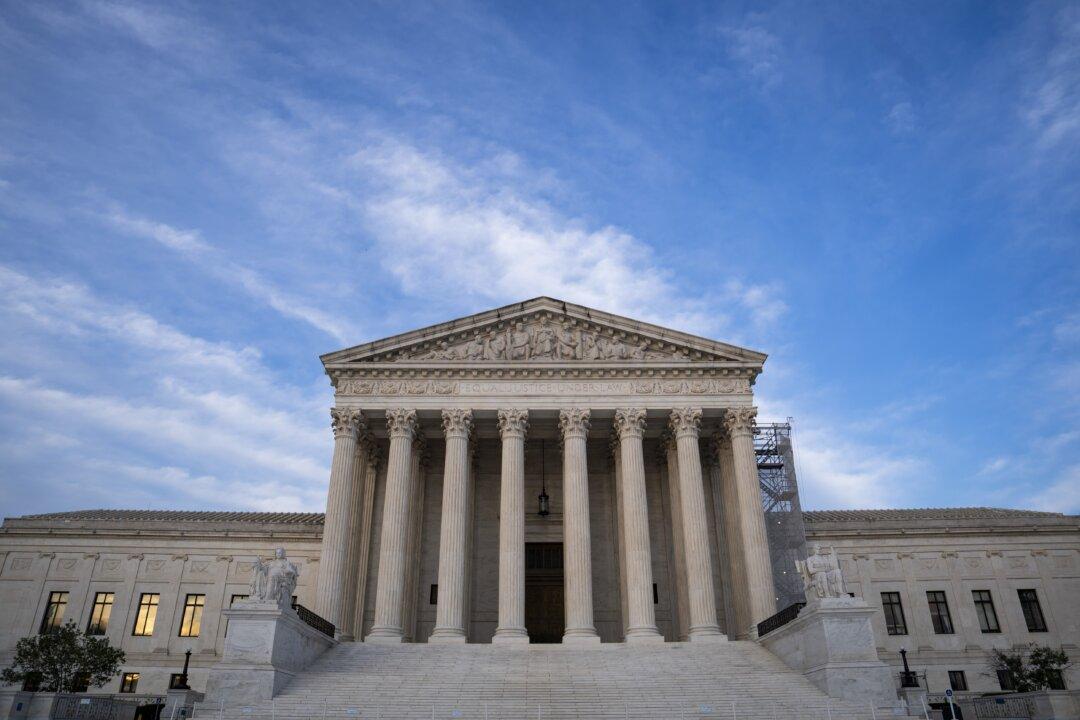Commentary
Friday, March 30, will include this year’s version of “Earth Hour,” a rather pointless gesture of symbolic futility, at least in my view. Not that I have anything against rather pointless gestures of symbolic futility—perhaps half my time on Earth can fairly be described in those terms—but this one is particularly interesting.





